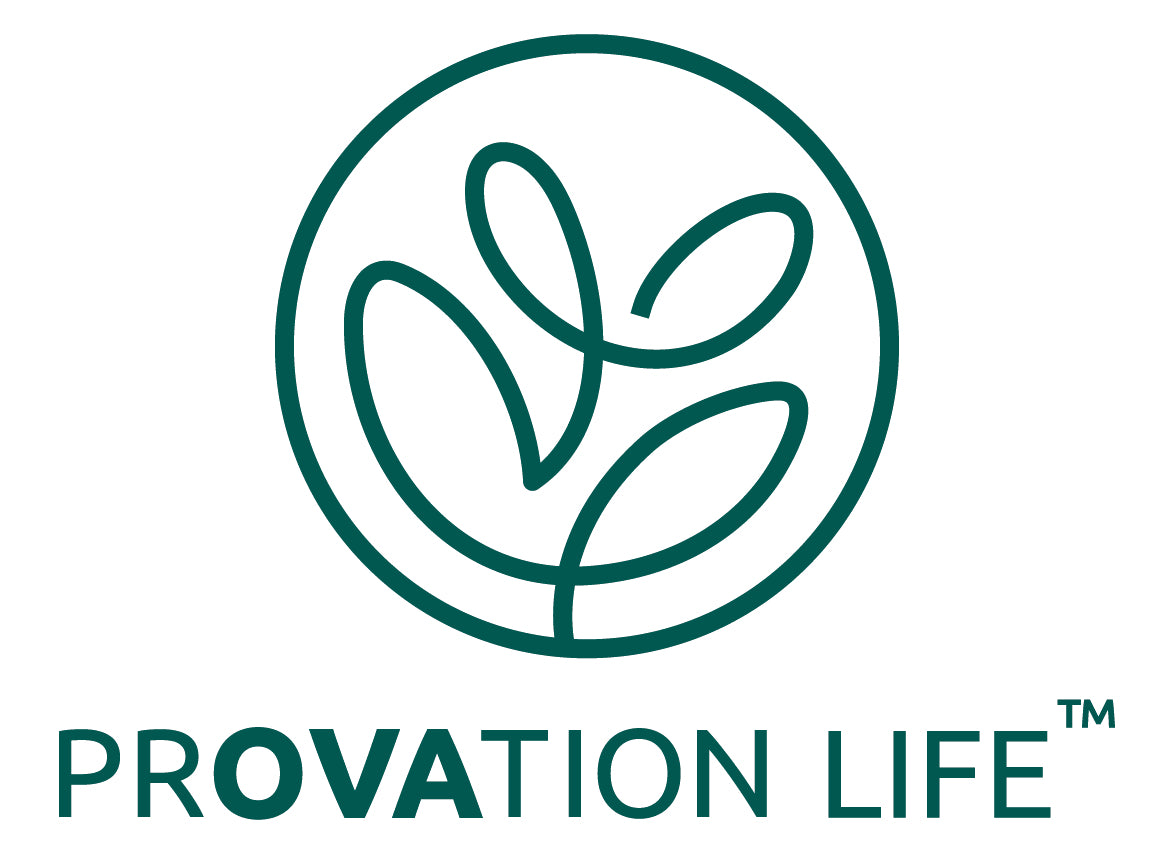Diagnosing polycystic ovarian syndrome (PCOS) is often difficult because there is no single test that can detect it.
What is PCOS?
PCOS is a disorder of the reproductive hormones, and its symptoms can present very differently from person to person. However there are certain common symptoms that women with PCOS experience including:
- Missed or irregular periods
- Difficulty getting pregnant (infertility)
- Excessive hair growth on the face and body
- Male pattern balding
- Acne
- Weight gain
Because many of these symptoms can be attributed to other health issues, such as thyroid disorder, adrenal dysfunction or other endocrine disorders, it makes diagnosing PCOS difficult.
It is important to be aware of the signs and symptoms of polycystic ovarian syndrome so that you can speak to your doctor about it and begin the right course of treatment. PCOS is a manageable condition, and early diagnosis is key in order to ensure successful treatment.
How to Diagnose PCOS
Seek medical advice from a gynecologist or family doctor if you are concerned that you may have polycystic ovarian syndrome. Only a medical professional will be able to properly determine the best course of action for you.
It is important to accurately diagnose PCOS. Your doctor will consider the following factors before diagnosing PCOS:
- Medical history
- Physical examination
- Signs and symptoms
- Blood tests to check the levels of hormones in your system associated with PCOS such as androgen, testosterone, and luteinizing hormones
- Ultrasound to look for polycystic ovaries
After a PCOS Diagnosis
If you have polycystic ovarian syndrome, it is important to see a doctor regularly to ensure that your condition is being managed properly. Your doctor can help you make lifestyle changes, such as eating a healthy diet and exercising regularly, which can help reduce symptoms. They may also prescribe medications to regulate your menstrual cycle or help you with fertility treatments if needed. There are quite a few supplements that have been helpful in managing PCOS, such as vitamin B complex, Inositol, Magnesium, Zinc, omega-3 fatty acids, and chromium.
Polycystic ovarian syndrome can be difficult to diagnose, but it is important to be aware of the signs and symptoms in order to ensure that you receive the best care possible. If you think you may have polycystic ovarian syndrome, talk to your doctor or seek medical advice from a healthcare professional. They will help determine if PCOS is the cause and recommend the right course of treatment for you.
Resources:












